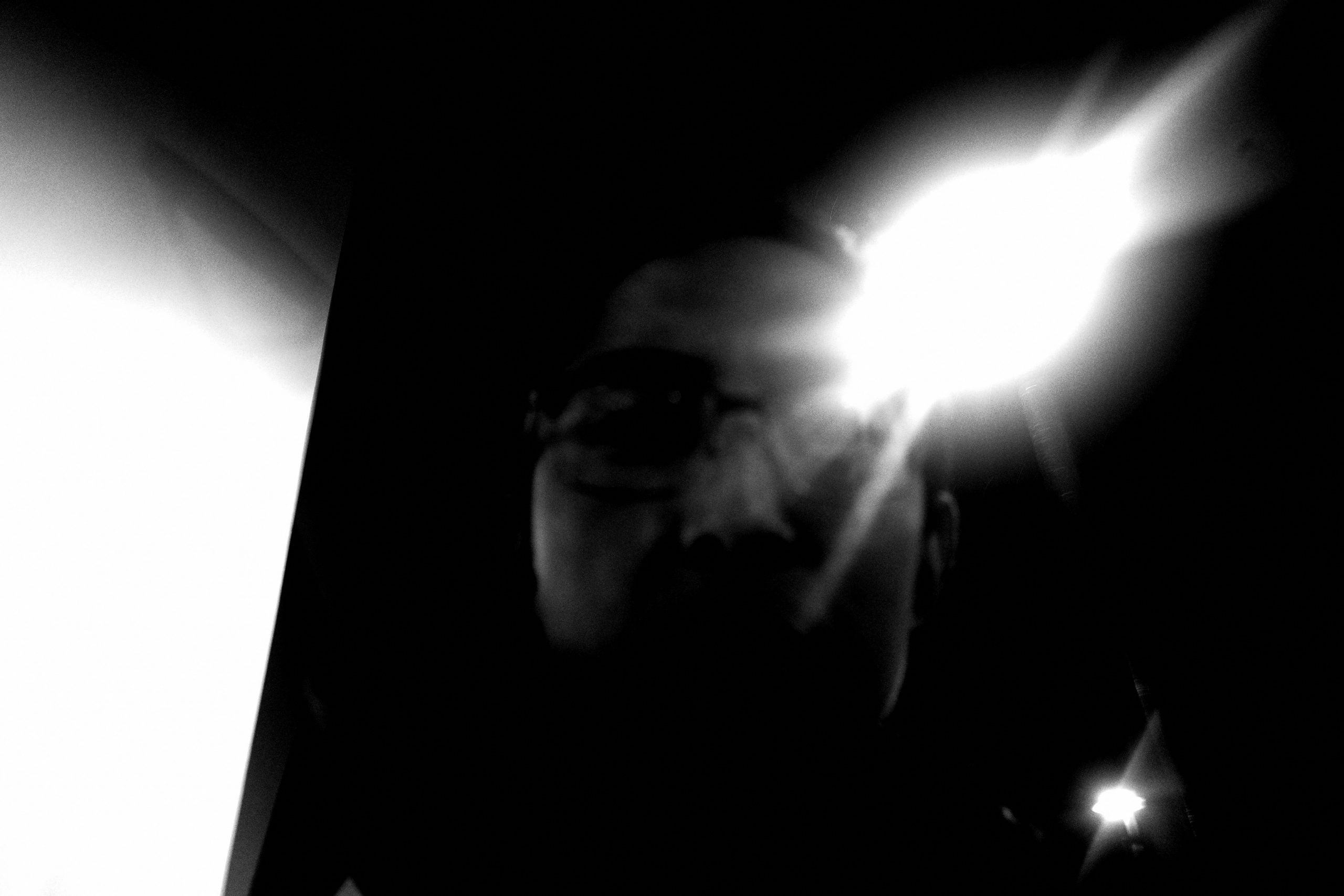Why is it so boring?
Ever since I was a kid, I was obsessed about Boba Feet. I still remember spending hours upon hours drawing his awesome armor, his helmet, and the great green and rouge red color way.
After watching the Mandalorian, which I loved, I was eager to watch Boba Fett. However, after watching the first episode I was massively disappointed. Why? Some of my honest and constructive critique:
- First of all, it is just boring. As a viewer, I’m not really interested or captivated by Boba Fett himself. He just looks like an old fat dude. Far less enigmatic than the Mandalorian, in which you don’t know who the person is beneath the helmet. And this is what I think: the reason why we are captivated so much by the man behind the mask is that we think we are the person behind the mask. It might have been far more interesting if in the original writing script, you never saw the face of Boba Fett.
- It also seems that it would be much more interesting if Boba Fett was far more dark and sinister. He seems too hell-bent on justice, which is also boring. I thought he was supposed to be a bounty hunter?
- What I do like about the show is I like the scene in which Boba Fett has the recovery tank. It reminds me to sleep more and that more, in order to recover more.
- I am still grateful that Star Wars and Disney has created the show. I don’t think one should make a final critique, until the very end. Therefore most likely, I will watch the entire series, and then make my final judgment at the end.
What do we want out of media anyways?
And this is what I wonder the most: what do we really want out of these TV shows, films, and media? I think it is this: to expand our world, to expand our imagination, to expand our creativity, and to expand our wonderment of the world.
Therefore, for these media companies who desire to succeed, perhaps they should increase creative optionality, rather than restrict it.
CINEMA BY KIM
Cinema and film as a great stimulus, aid and teacher for photographers and visual artists alike.
CINEMA BY KIM
Cinema and film as a great stimulus, aid and teacher for photographers and visual artists alike.

Cinematography and life lessons:
Cinema and Film Reviews
- What *Should* Cinema and Literature Do?
- MATRIX 4 Critique
- THE PHILOSOPHY OF “FREE GUY” (Film, 2021)
- Why DUNE 2021 is So Great
- INFINITE (2021) Film Review
- MAD MAX FURY ROAD: Black and Chrome Version Review
- Why 7 Samurai by Akira Kurosawa is So Great
- BLADE RUNNER (1982 Original) Cinematography Review & Thoughts vs the New Version (2049)
- Blade Runner 2049 Film Review + Cinematography Composition Analysis
- REVIEW: Justice League (Snyder Cut)
- What Makes a Great Movie/Film?
- Iron Man (1) Film Cinema Review
- JOKER FILM REVIEW + Cinematography Composition
- Ghost in the Shell Anime (1995) Cinematography, Composition, Philosophy Review
- Once Upon a Time in Hollywood Cinematography and Film Review
Space Films
- Ad Astra Cinematography Composition Film Review
- 2001 Space Odyssey
- Part 5: Epic Cinematography of 2001 Space Odyssey by Stanley Kubrick
- Part 4: Epic Cinematography and Philosophy of 2001 Space Odyssey by Stanley Kubrick
- Part 3: Epic Cinematography and Philosophy of 2001 Space Odyssey by Stanley Kubrick
- Part 2: Epic Cinematography and Philosophy of 2001 Space Odyssey by Stanley Kubrick
- Part 1: Epic Cinematography and Philosophy of 2001 Space Odyssey by Stanley Kubrick
Cinema and philosophy

GODFATHER

Gangster Films

ACTION FILMS
CITIZEN KANE:

Articles on Cinema
Great Cinema
- Part 1: Throne of Blood Cinematography by Akira Kurosawa
- Part 1: Spartacus Cinematography and Philosophy Lessons from Stanley Kubrick
- Part 1: Philosophy and Cinematography of Full Metal Jacket
- Part 3: MATRIX Philosophy and Cinematography
- Part 2: MATRIX Philosophy and Cinematography
- Part 1: MATRIX Philosophy and Cinematography
- Part 4: Epic Cinematography of 2001 Space Odyssey by Stanley Kubrick
- Part 3: Epic Cinematography and Philosophy of 2001 Space Odyssey by Stanley Kubrick
- Part 2: Epic Cinematography and Philosophy of 2001 Space Odyssey by Stanley Kubrick
- Part 1: Epic Cinematography and Philosophy of 2001 Space Odyssey by Stanley Kubrick
- Stanley Kubrick: Master Photographer and Film-Maker
- Lessons Ridley Scott Has Taught Me about Life, Art, and Cinema
- Part 2: Cinematography and Composition Lessons from All the Money in the World (2017) film by Ridley Scott
- Part 1: Cinematography and Composition Lessons from All the Money in the World (2017) film by Ridley Scott
- Cinematography Composition Techniques for Photographers
- Rashomon (1950)
- Ran (Chaos) by Akira Kurosawa
- FIGHT CLUB
- FURY (2014)
- THE MATRIX
- AKIRA PART I / AKIRA PART II
- Batman: The Dark Knight
- Dr. Strange
- Suicide Squad
- Kendrick Lamar: HUMBLE.



















